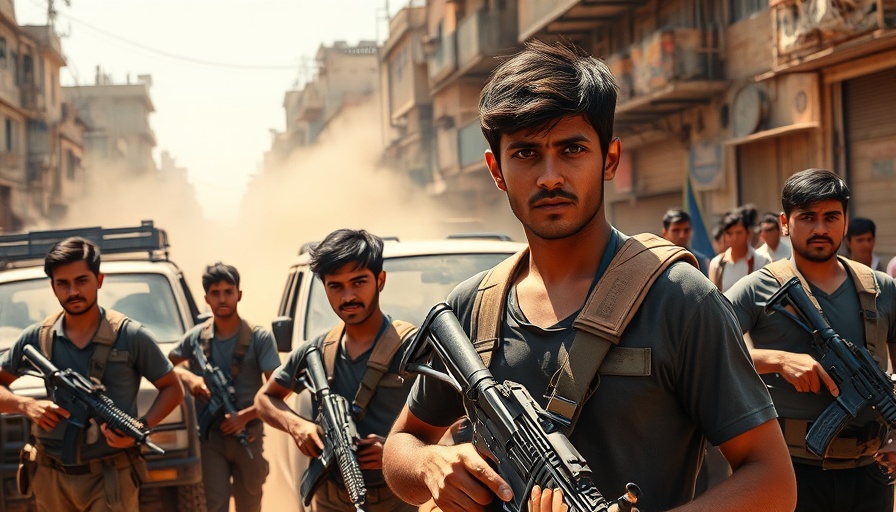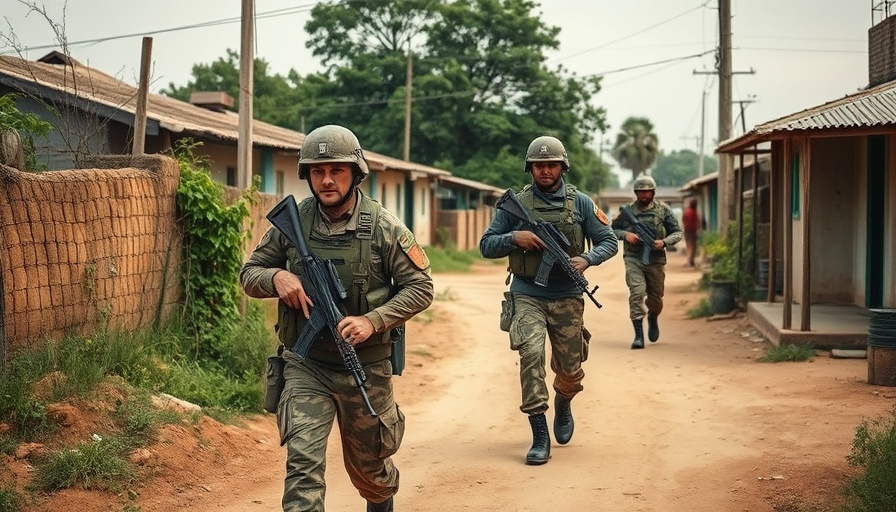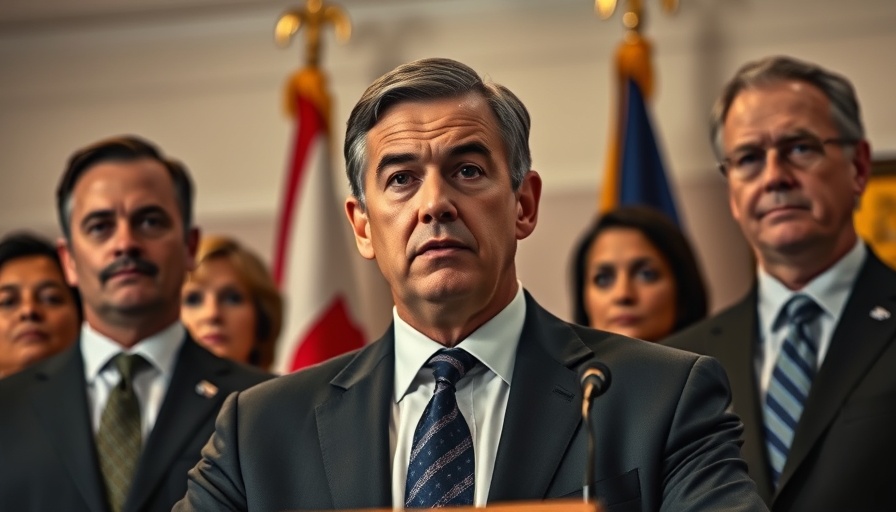
The Formation of a New Government in Sudan: A Game Changer?
After two years of grueling civil conflict, the tumultuous landscape of Sudan has shifted once again. A coalition led by the paramilitary Rapid Support Forces (RSF) has declared the establishment of a parallel government, throwing into question the legitimacy of the existing military-aligned administration. General Muhammad Abdan Dakalo has been appointed head of this new government, which includes significant figures from the country's various factions, including Abdul Aziz Aliu, leader of one of Sudan's largest rebel movements, now serving as vice president.
In Coalition led by paramilitary RSF forms parallel government in Sudan, the discussion dives into the emerging political factions, exploring key insights that sparked deeper analysis on our end.
Deepening Divisions and Prolonged Conflict
This bold move by the RSF, announced nearly five months after their initial declaration, raises significant alarms about the future of Sudan. The army, led by General Abdel Fatal Bourhan, has condemned this act, vowing to maintain its grip on power until complete control is achieved. With the military back in strategic positions across key urban centers, including the capital, Khartoum, the prospect of a prolonged conflict appears imminent, further exacerbating an already dire humanitarian crisis.
The Humanitarian Toll: A Crisis of Unprecedented Scale
The ongoing turmoil has resulted in catastrophic consequences for the civilian population. Estimates suggest that tens of thousands have lost their lives due to the conflict, while nearly 13 million people are now displaced, seeking refuge from the violence. This has highlighted the urgent need for international intervention and humanitarian aid.
What Lies Ahead for Sudanese Citizens?
As Sudan wrestles with this new political reality, the stakes have never been higher for its citizens. The RSF's challenge to military rule could represent either a beacon of hope for democracy or a further descent into chaos. It is crucial for the international community to engage with this unfolding situation and advocate for peace and stability in Sudan.
To stay informed and make a difference, readers are encouraged to follow developments closely, understanding the complexities that underlie Sudan's current crisis. Voices need to be amplified in support of those affected by this conflict.
 Add Row
Add Row  Add
Add 




Write A Comment